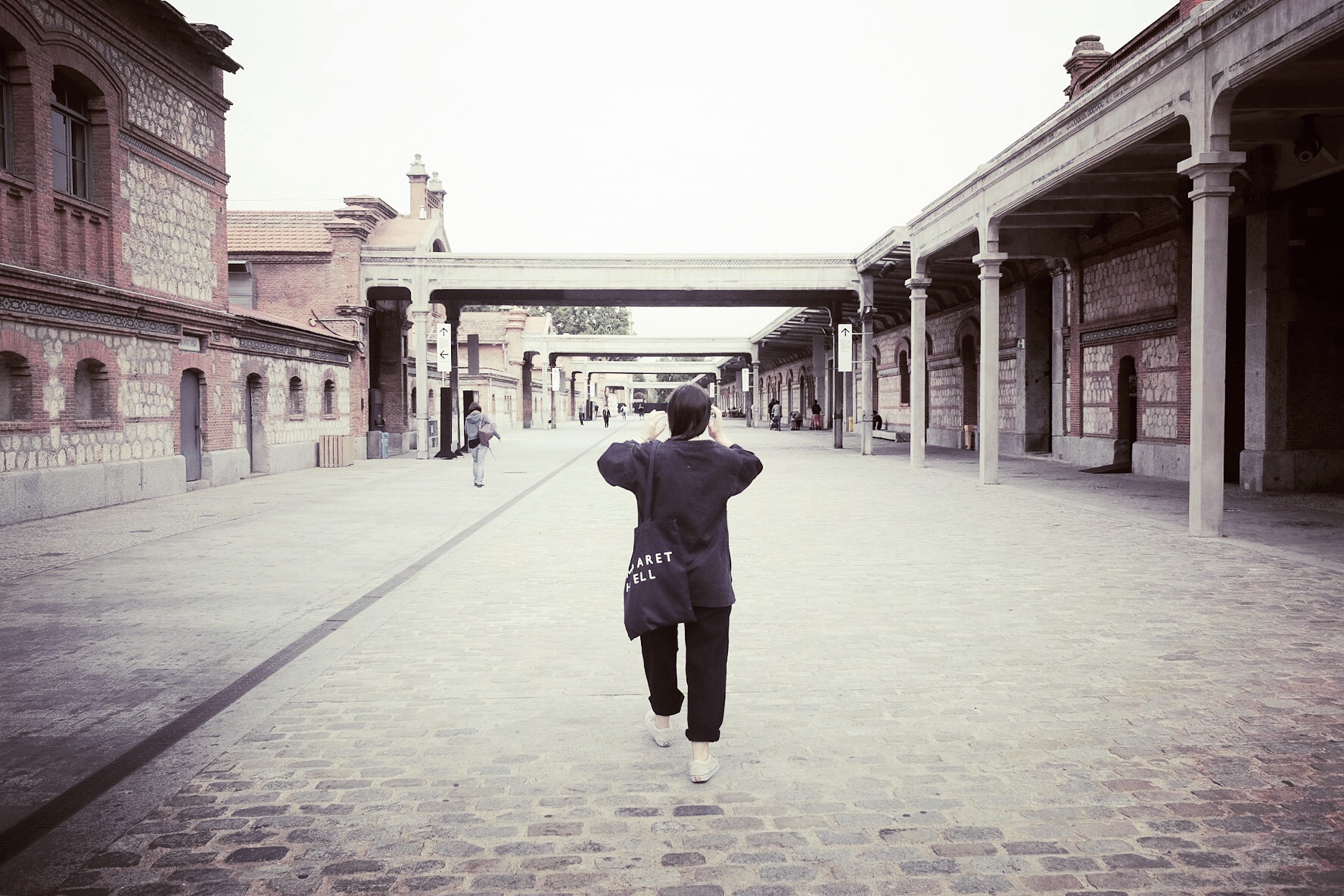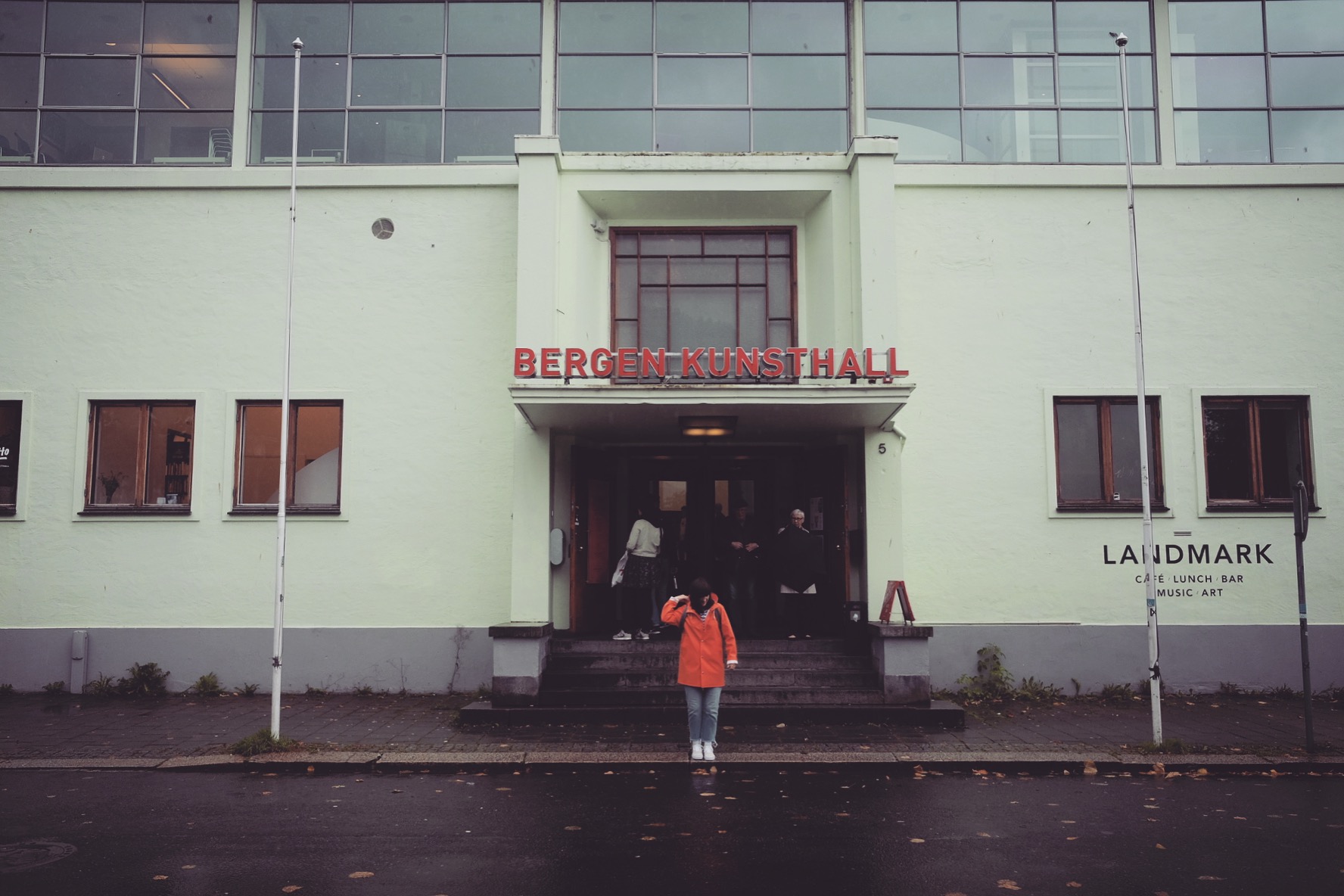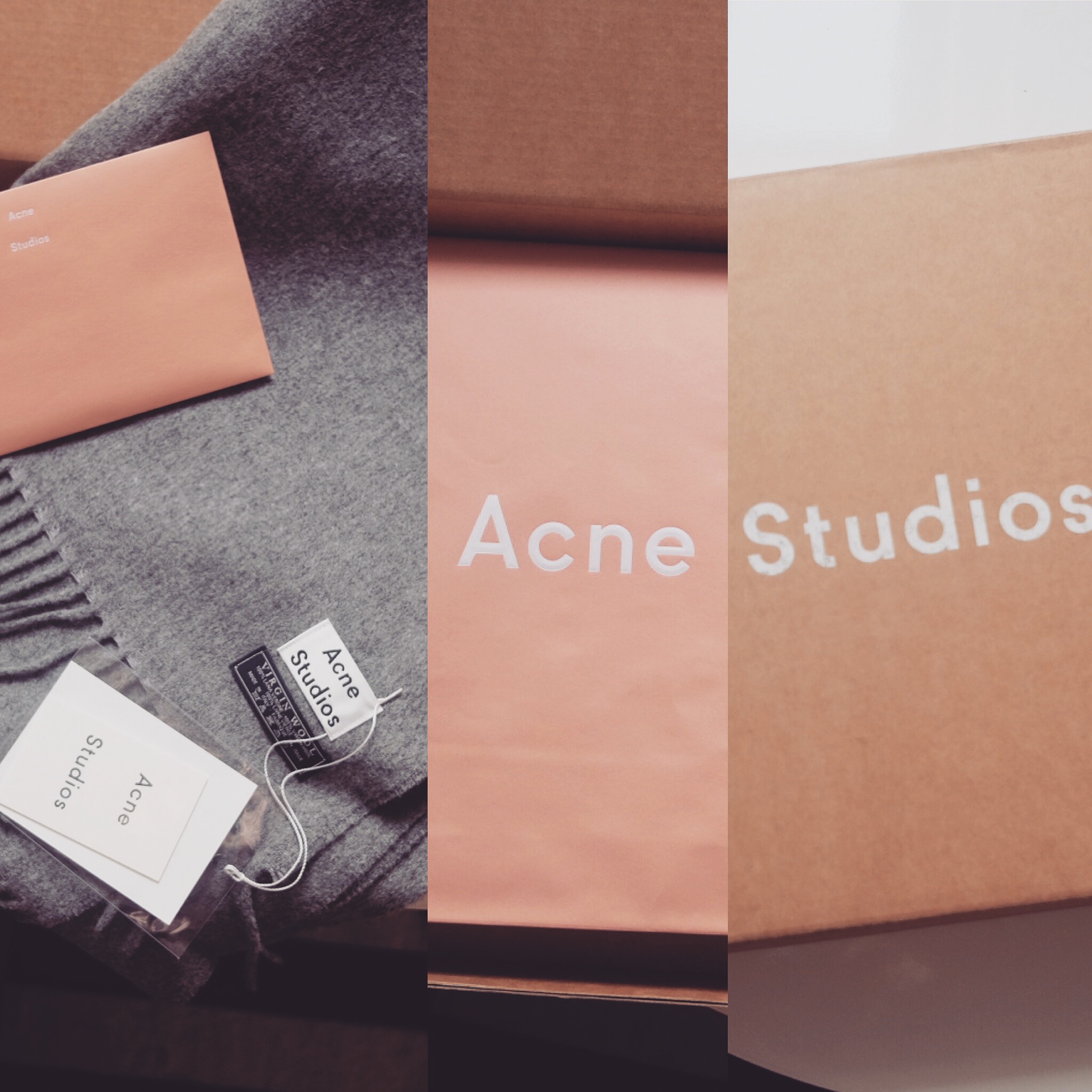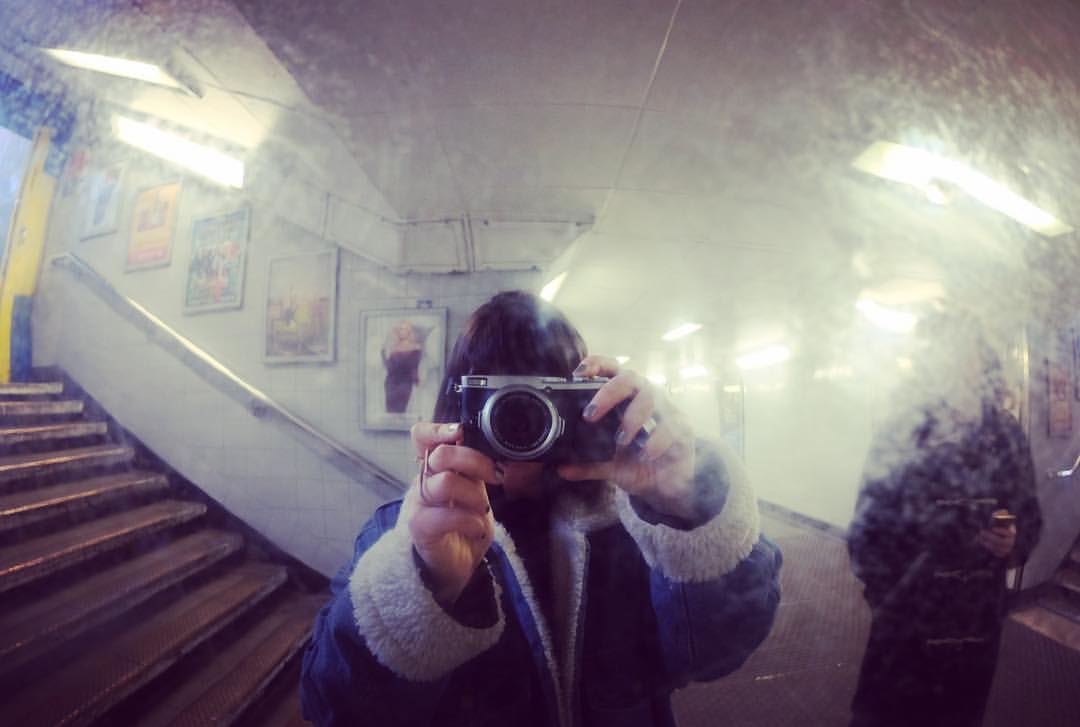There’s long spells – three days, years – when you can’t see a thing, know where you are only by the speaker sounding overhead like a bell buoy clanging in the fog. When I can see, the guys are usually moving around as unconcerned as though they didn’t notice so much as a mist in the air. I believe the fog affects their memory the same way it doesn’t affect mine.
Yearly Archives: 2017
will these city streets remember us? we walked them, long ago.
Back in August, we found ourselves with a handful of hours to spend in Bergen. And so it rained – and rained. Accustomed, as I am, to the Mancunian way, we raised our hoods and carried on, ducking straight into Bergen Kunsthall, then hopping next door to Kode – the highlight being an unassuming collection of works by Queen Sonja herself. Babe.
With time pressing, we reluctantly skipped Lysverket and/or Marg & Bein, making do, instead, with a quick smaksplanke – beer-flight, to you and me – in Apollon, a pit-stop in Pepper AS, followed by a super-trad lunch at Pingvinen (think meatballs, entrecôte, lashings of gravy – and a side of just-because lapskaus). I say making do, but there wasn’t a bite or sip we didn’t adore. We didn’t get to see the coloured houses (Bryggen) for which the city’s famed, but we did take the Fløibanen up for a better view of the rain. Despite – or because of – all of this, we well and truly fell for it. In a bit, Bergen.
The only conscious influence I had as a writer was Beethoven. He has the ability to make everything so simple it becomes profound. He knows, to perfection, how to hammer a phrase into your mind, repeating it over and over, yet always stopping at precisely the right time. And his work is beautifully inevitable, yet never predictable, no matter how many times you hear it.
i can’t help but wonder where i’m bound.
Another blog so soon? I know. A few things that couldn’t wait:
L’Antica Pizzeria da Michele opens in London tomorrow. Better still, it opens in Stoke Newington’s Church Street – aka just up the road from us. I don’t care how long the queue is: I’m queuing. When we visited Naples (May 2015), I insisted that we passed the original every day to sample the kind of street-side arancini I cannot do justice in words. That I might taste that taste again – heavenly, heavenly.
Alain de Botton’s My Writing Day in the Guardian. When a piece of writing resonates so hard you just have to shout about it. It can be the greatest freedom, sometimes, to have to repress some of what you are. I sit quietly for hours. I’ll have a sandwich at the desk. I can’t sink into despair, scream or act all poetic: other people are watching. At the office, there’s a chance to edit yourself, thankfully. That’s why I go there.
My Acne Canada scarf. Let’s face it: I’ve been eyeing it up forever – plus, I start a new job in March and you know what they say: new job, new scarf. Plus, #investmentpiece. Plus, THE PACKAGING, THOUGH. So many heart-eyes.
one can’t be out in the cold all the time.
Though it may oft-appear otherwise (because I’m always banging on about my favourite new pasta dish or my favourite new jumper), reading is my favourite thing. As a child, I did little else. While the rest of the street was ‘playing out’, I was inside with a book or six – which is probably why I find it so irksome that it’s now something I have to find time for; and, if/when I do successfully plan it into my day, I can’t concentrate like I used to. I’ll leave it to the professionals to decipher why that is – though, of course, it’ll be something to do with the fact that I spend most of my day hopping from tab to tab to tab (work/pasta/jumpers)…and podcasts in bed. All of this is not to say I’ve stopped reading (I read nine books last year) – just that that’s not enough for me and that I’m troubled by the fact that my mind wanders so easily and so often. And so, on that note, to the year ahead: a concerted effort to make time for reading, to improve my concentration when I do, and to beat last year’s nine. I’ve already eased myself in gently with Tony Hawk’s Round Ireland With A Fridge (dated, but heart-eyes to Ireland); reminded myself why it’s my favourite with John le Carré’s The Spy Who Came In From The Cold; and, just yesterday, got started on Paul Beatty’s Man Booker Prize-winning The Sellout. Keep it up, logsy.
with a green shade, but the glow of the arclights, like artificial
moonlight, filled the cabin. Darkness had fallen, and with it silence.
They spoke as if they were afraid of being overheard. Leamas went
to the window and waited. In front of him the road and to either side
the Wall, a dirty, ugly thing of breeze blocks and strands of barbed
wire, lit with cheap yellow light, like the backdrop for a concentration
camp. East and West of the Wall lay the unrestored part of Berlin,
a half-world of ruin, drawn in two dimensions, crags of war.
i have no thought of time.
New year, new camera. I’m starting this year with quiet resolutions and quiet hope. My heart is also full of the fact that I’m to be made an auntie in just a matter of days – and, well, fresh starts don’t come much better than that, do they?






